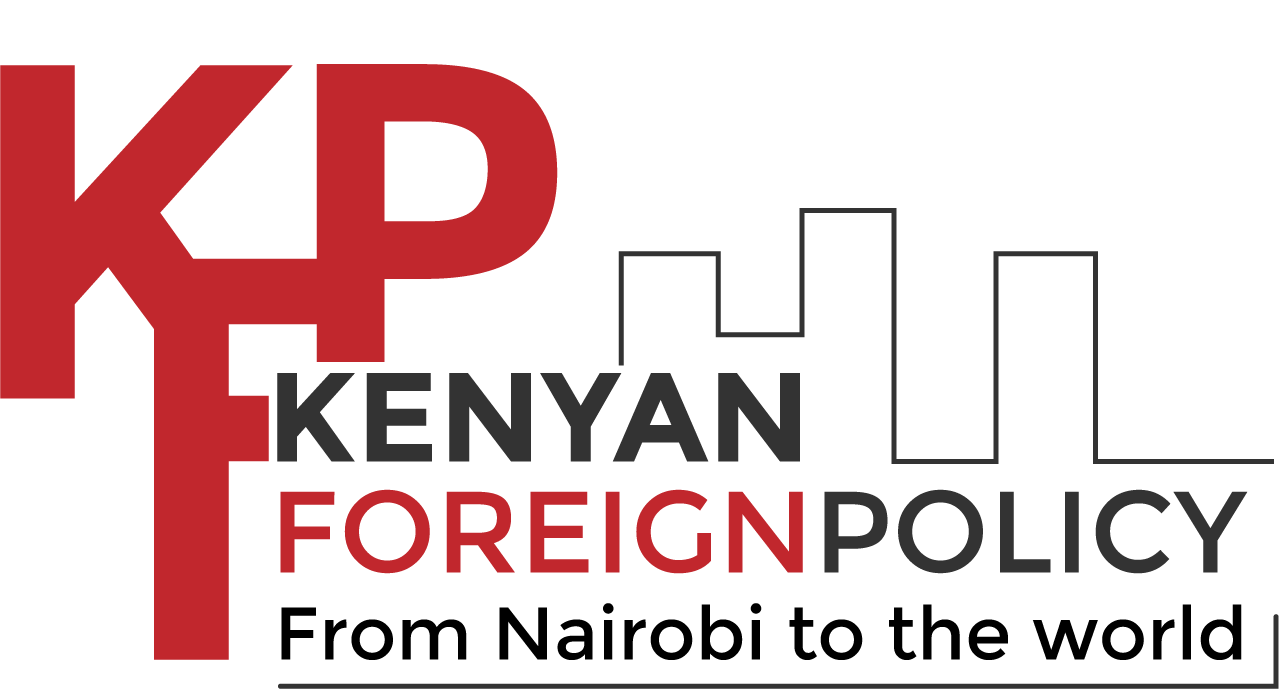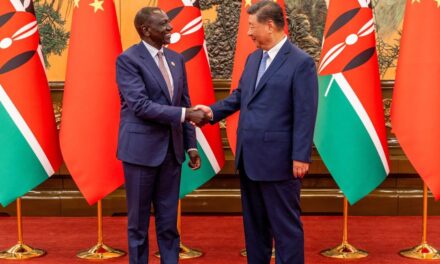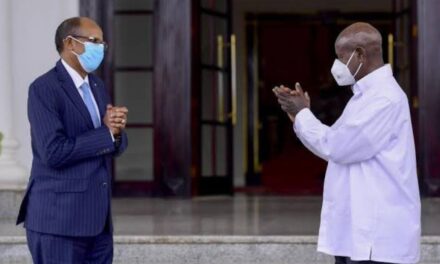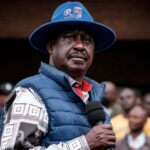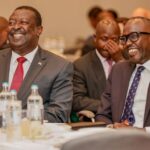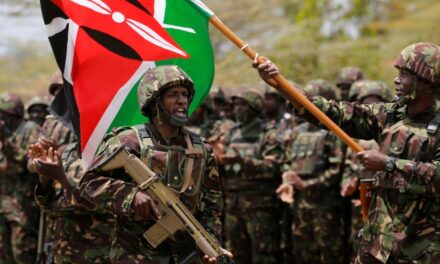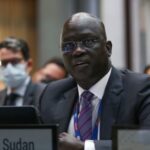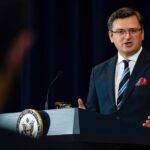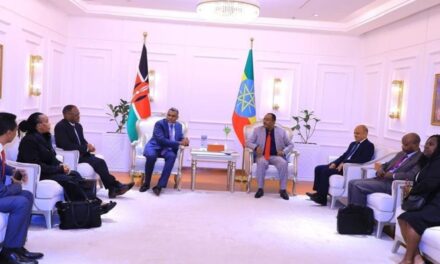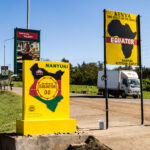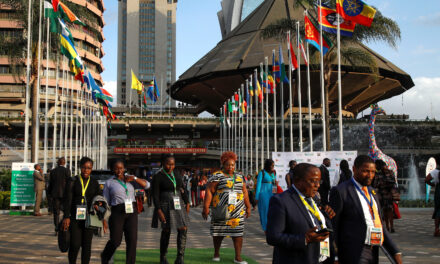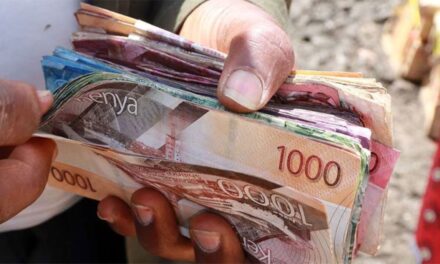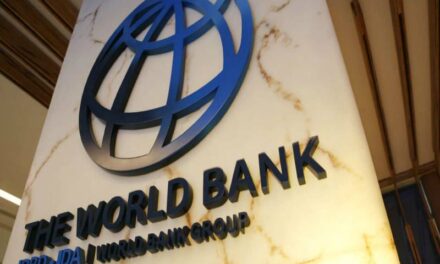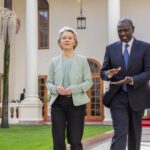
President Ruto Lectures IMF, World Bank, Calls for a New Financial Order
Posted by KFP Editor | Jun 26, 2023 | CLIMATE CHANGE, NEW FINANCIAL ORDER


In a bold move during his recent visit to Paris, President William Ruto delivered a powerful speech calling for a new financial order and challenging the policies of international financial institutions such as the International Monetary Fund (IMF) and the World Bank.
The President’s address, delivered at a global leaders’ forum in Paris, discussed reforming the world financial system, including the World Bank and IMF, to free up cash to address climate change and ease the debt burden on developing countries.
Ruto, who came to power less than a year ago, has embarked on a strong stance on economic empowerment.
He has passionately argued that the current financial order disproportionately favors developed nations at the expense of developing economies.
In a heated debate involving the Kenyan leader, IMF boss Kristalina Georgieva, World Bank chief Ajay Banga, and the forum host Emmanuel Macron- Ruto criticized the IMF and World Bank for their rigid policies that often impose harsh conditions on borrowing countries, leading to economic instability and hindered growth.

During his speech, President Ruto emphasized the importance of crafting a new financial framework that promotes fairness, inclusivity, and equal opportunities for all nations.
“Nations including Kenya pay far more to borrow money than their Western counterparts, creating a vicious cycle of debt,” argued Ruto
He said Africans “don’t want to end up” paying “eight times more” to borrow than richer countries.
“We want to pay equal to everybody,” he said
He called for a departure from the traditional models of lending and urged for innovative approaches that take into account the unique needs and aspirations of individual countries.
“We want another organization of equals,” retorted the Kenyan leader
Drawing upon Kenya’s own experiences, Ruto highlighted the importance of fostering domestic industries, supporting entrepreneurship, and promoting sustainable development.
He emphasized the need for greater investment in infrastructure, technology transfer, and capacity building, urging the international community to collaborate in building a solid foundation for economic growth and prosperity.
Ruto’s critique of the IMF and World Bank resonated with many leaders from developing nations who have long felt marginalized within the current global financial system.
His call for a new financial order gained significant attention and sparked a renewed discussion on the reforms needed to address the inherent imbalances and inequalities in international financial architecture.
While acknowledging the valuable role played by international financial institutions in global economic stability, President Ruto stressed the importance of recalibrating their policies to better reflect the realities and aspirations of the developing world.
He urged for a more inclusive decision-making process that gives a voice to historically underrepresented countries.
As President Ruto’s remarks continue to reverberate around the world, his vision for a new financial order has sparked both support and skepticism.
The debate surrounding the necessary reforms in the international financial system has gained momentum, with leaders and economists engaging in discussions on how to create a more equitable and sustainable framework.
Only time will tell if President Ruto’s call for change will lead to tangible transformations within the global financial landscape.
However, his courageous stance has undeniably ignited a vital conversation on the need to redefine the rules of the game and establish a more balanced and inclusive financial order that benefits nations across the globe.
Your support empowers us to deliver quality global journalism. Whether big or small, every contribution is valuable to our mission and readers.
